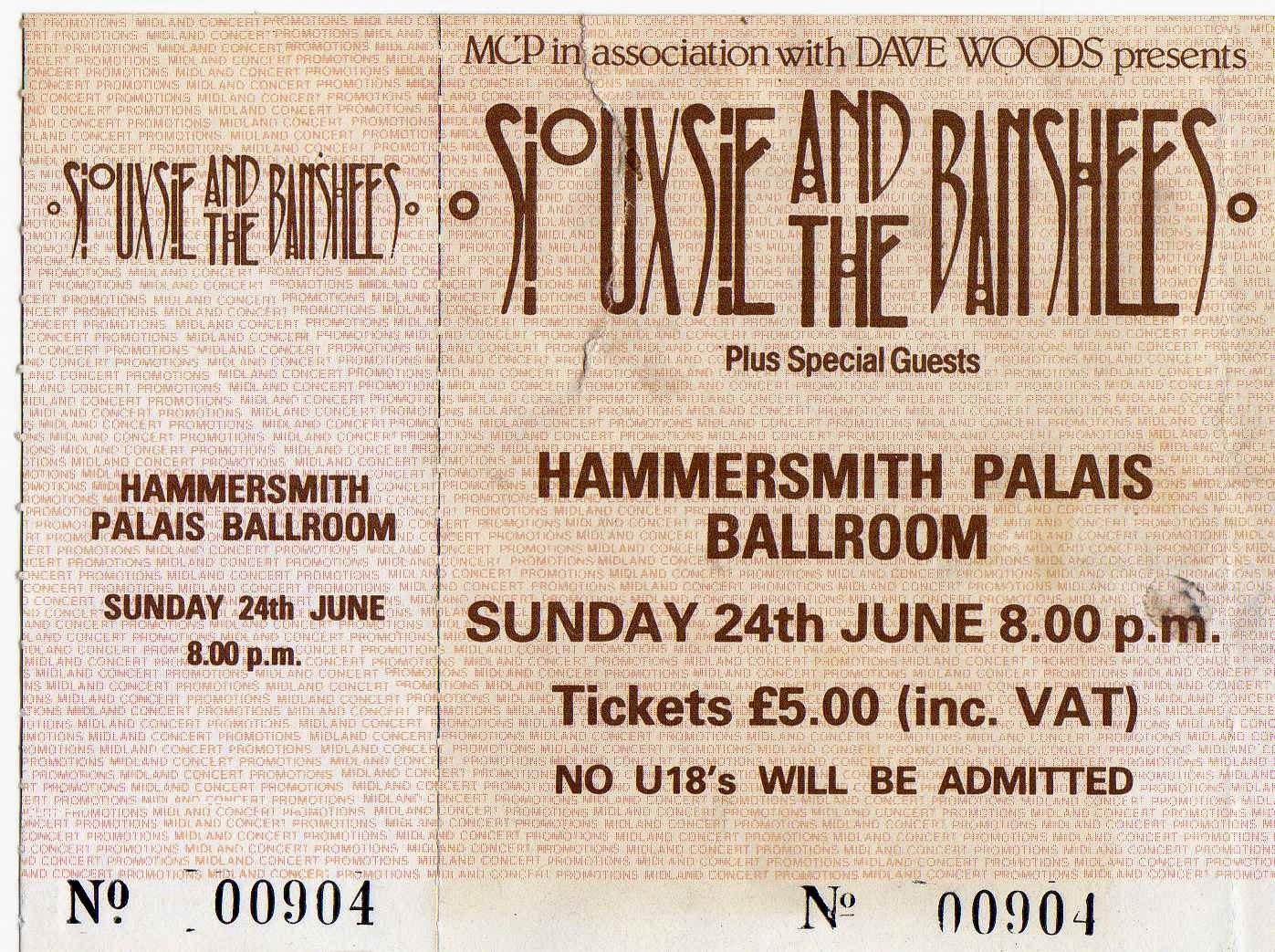XETRA-FM
On November 20, 1968, Radiodifusora del Pacífico, S.A. de C.V., then-owner of AM 690 XETRA (formerly XEAK), received a concession for a new FM station with the same call sign, XETRA-FM on 91.3 MHz. At first, the station broadcast with 3,000 watts from the AM transmitter site in Playas de Rosarito.
On September 5, 1978, XETRA-FM moved to 91.1 MHz and began broadcasting with 100,000 watts from a new transmitter site atop Mount San Antonio. The signal was aimed squarely at the San Diego radio market. XETRA-FM programmed an album-oriented rock (AOR) format. Initially, programming was recorded at the downtown San Diego studios in the Harcourt, Brace, Jovanovich Building and driven across the border to the transmitter site several times a day.
Disc jockeys then began commuting from San Diego to Tijuana (until 1991) for each shift after the Reagan administration altered the Brinkley Act to allow border-crossing broadcasters.
XETRA-FM (91.1 MHz) was branded as 91X, and was sometimes identified as XTRA-FM, is an English language, Mexican-owned radio station broadcasting from Tijuana, Baja California.
As a Mexican station, XETRA-FM must carry mandated public service announcements, electoral advertising, the Mexican National Anthem at midnight and 5 a.m., and La Hora Nacional on Sunday nights. The station is powered at 100,000 watts. It is considered a border blaster, covering the majority of San Diego County, as well as southwestern Riverside County, from its tower in Tijuana. Thus, 91X was also not bound by FCC regulations concerning "offensive language" with certain lyrics.
Top 91X Songs of the Year for 1983.
Rock of the 80s
On January 11, 1983, at 6 p.m., 91X followed in the footsteps of KROQ-FM in Los Angeles and switched formats to the "Rock of the 80s" modern rock sound. It began to air an alternative rock radio format. KROQ Program Director Rick Carroll was hired as the consultant.
91X played "Stairway to Heaven" by Led Zeppelin as the final song of the AOR format. Immediately afterward, then-Executive Vice President and General Manager John Lynch made the announcement of the format change.
DJ Mad Max (Todd Tolkoff) went right into "Sex (I'm A...)" by Berlin.
Former 91X on-air personality Jim LaMarca recounts the transition:
"
The day 91X (then known as XETRA-FM) went "Rock of the 80s," almost no one knew it was coming, so there was no speculation. An air staff meeting was called for 3 pm. These really straight liner-card jocks were sitting around the conference room when in walks wild Rick Carroll with a cardboard box. He dumps it on the table and says, 'I'm Rick from Los Angeles and this is your new format.'
The first song was played at 6 p.m. by Todd Tolkoff who was given the name Mad Max. He said, 'This is 91X "Rock of the 80s" and this is "Sex" from Berlin.'
Everyone at the station thought this song was too weird. It seemed slow and goofy, but hey this was all new to us. It also took forever. Well no wonder, he was playing a long-play version so the LP should have been playing at 45 rpm.
Since we had never heard the song no one knew. This happened a lot."
This "Rock of the 80's" format evolved to the alternative music format of today.
"Music In The Morning" was hosted by Oz Medina, who previously worked as 91X's Music Director and Afternoon Host from 1987-1993.
Oz Medina joined the station in 1985 and Mike Halloran and Robin Roth came on board in 1986.
While L.A.’s KROQ aired the modern-rock/alternative-rock format a few years earlier than 91X, none of KROQ’s trailblazing on-air talents (Jed the Fish, Freddie Snakeskin, the Poorman) remain on the L.A. airwaves.
Pam Wolf was one of the original morning show DJs, who left 91X to move up to KROQ around 1985.
Steve West joined 91X a month after 91X flipped to a “cutting edge of rock” format in January of 1983. Except for a few lapses, the British expatriate was with the station for 28 of its past 31 years as an alt-rock station.
West came to San Diego from a station in Orange County in 1982 and before that was a DJ in his native England.
Within three months of flipping over to the “new wave” of modern rock cuts by the B-52s, the Cure, and Oingo Boingo, 91X was the top-rated station, blowing past KGB’s Ted Nugent and REO Speedwagon playlist.
The success of 91X triggered other rock stations across the country to switch to alternative.
Since launching the “Resurrection Sunday” show in 1989-2014, West has served as San Diego’s pied piper for the heritage artists who defined 91X during the ’80s and mid-’90s, when it dominated the local ratings and changed local music tastes.
“I just DJ’d a high school reunion show last week,” says West. “One of the guys there said he was working at a Carl’s Jr. and they were all huddled around the radio when 91X flipped. We were the music station in town. I think [the 91X format flip] was one of the biggest days in San Diego broadcast history.”
West’s “Resurrection Sunday” morning show brought back deep cuts by the Misfits, Hoodoo Gurus, X, Sugarcubes, and Depeche Mode, artists that 91X was originally known for playing but which are otherwise ignored on local terrestrial radio today.
91x.com/resurrection-sunday-playlists
fb 2013 ·
Good Morning, Steve! Pam Wolf here, so happy to listen to you this morning! Play me something I don't own and haven't heard in eons...like, do you have Cruella Deville or Eddie and the Hotrods, studio version "Do Anything You Want to Do"?
Until 2008, 91X aired Reggae Makossa, a program featuring reggae and roots music (that is now heard on 102.5 XHUAN-FM). The program was originally hosted by Makeda Dread and Demaja Le.
Demaja Le left in 1998 to program 88.3 KSDS. Makeda Dread still hosts the show.






































